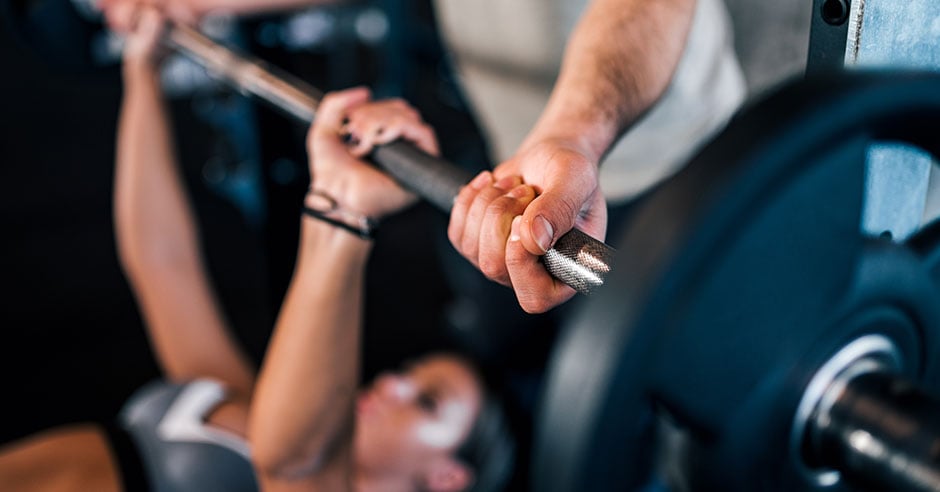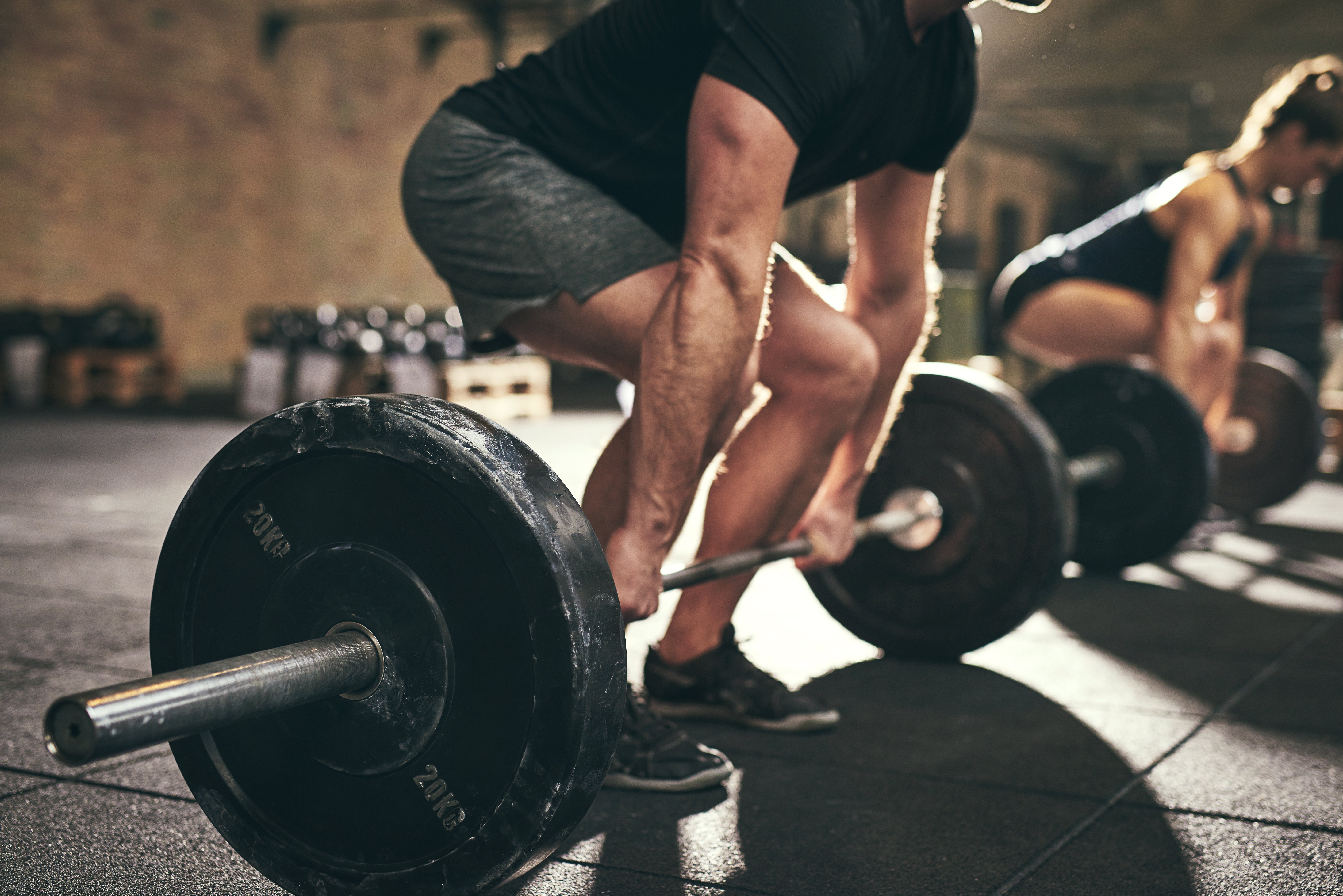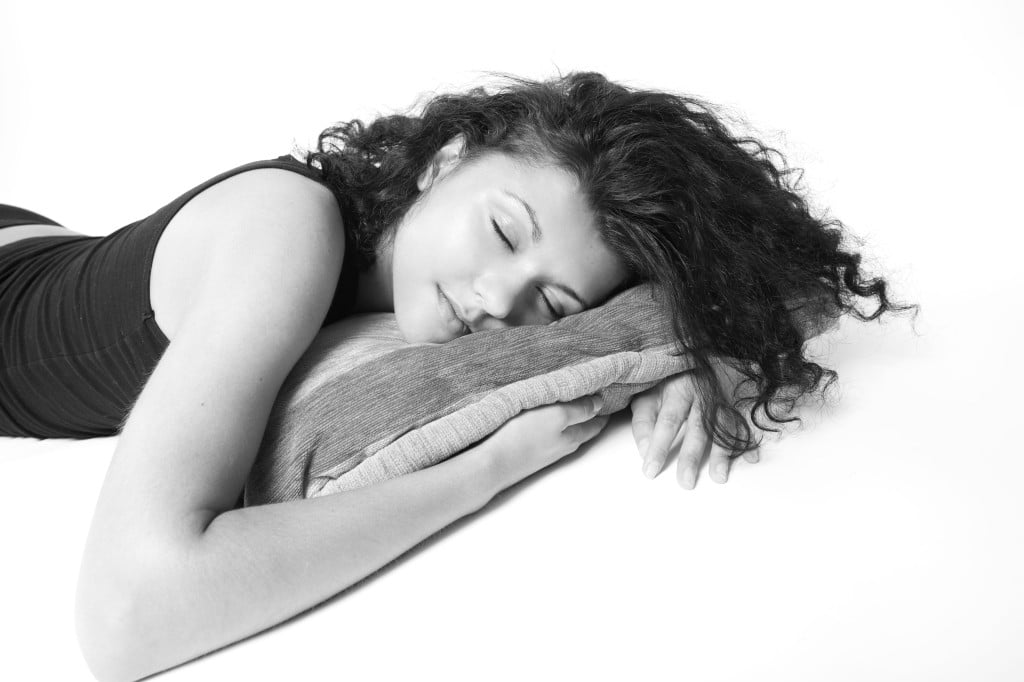Sleep Deprivation and Athletic Performance

From childhood, I was always told how important getting enough sleep is to remain healthy and happy. I found it much easier to achieve these recommended amounts of sleep as a kid growing up with limited responsibilities. Then suddenly, I became a collegiate athlete trying to manage a full academic course load while performing at the highest-level possible, and something had to give. My sleep quantity started to dwindle, as keeping up with academics and athletics required more time awake.
Circadian Rhythm
The circadian rhythm, any biological process that oscillates on a 24-hour clock, is regulated by the suprachiasmatic nucleus (SCN) in the brain’s hypothalamus, and is the master timer for one’s body rhythm. This system is influenced greatly by environmental cues, especially daylight. When night falls, the body secretes melatonin, a hormone, and the SCN receptors detect these increased levels and begin signaling for the body to prepare for sleep. This rhythm can be disrupted both by the presence of light as well as extreme hot or cold temperatures. This explains why it may be difficult to fall asleep with the lights on, or if it is a very hot summer night. Inconsistent sleep-wake patterns due to late-night studying or early-morning training disrupts the internal biological clock and can increase the time it takes to fall sleep at night as the body desperately tries to adjust.1 This brief explanation describes the cycle of sleep, but what is physiologically happening to your body when you are not getting enough sleep?
Physiological affects of Sleep Deprivation
Sleep is an extremely powerful recovery tool for athletes. Not only does it play a vital role in immune and brain function, it also affects glucose metabolism and levels of the stress hormone, cortisol, which all influence athletic performance. Thus sleep deprivation can have lasting consequences due to the alteration of these physiological processes, including slower glycogen storage in the muscles and liver.
Glycogen reserves in the muscles and liver are crucial, as these are the main fuel source for endurance athletes. When glycogen stores are low, they will become more rapidd depleted during exercise causing an earlier fatigue onset and decreased performance.
Extensive research done by Thomas Reilly determines that sleep deprivation has a major impact on psychomotor functions (which connect cognitive functions with physical movement), critical in sport. The study shows that the deprived sleep pattern is proportional to decreasing athletic performance. Furthermore, in periods of less sleep, athletic performance is affected more in the morning than in the afternoons. In recap, sleep deprivation impacts athletic performance through psychomotor function and has the most dramatic affect on morning training sessions.
Everyone is Different
Every athlete has different nutritional and training needs in order to perform at their highest level. Sleep needs are also individualized depending on the athlete. It is important for an athlete to learn what sleep patterns are best for him or her, as opposed to one sized fits all approach. In addition to the type of athlete (e.g. power vs. endurance), personality type may also influence sleep patterns. Extroverts seem to handle later bedtimes better than introverts. Contrary, introverts are often “morning people”. When an individual’s circadian rhythm does not match up with their sleep patterns both the quantity and quality of sleep will be affected. It is important to manage your sleep patterns by listening to your body and determine what sleep-wake cycles will allow you to be at the top of your game.
Recap
While it is ideal for one’s circadian rhythm to match up with their sleep-wake cycles, work commitments, practice and school can prevent this ideal linkage. For collegiate athletes, choosing classes that fit in an individual’s ideal routine is a simple yet powerful way to help improve sleep patterns and allow for performance excellence. That wraps up this week's Building Block. Keep an eye out for future blog posts analyzing the benefits and cautions on napping during the day to help achieve your body’s need for sleep.
References:
1. Venter, Rachel. “Sleep for performance and recovery in athletes.” Department of Sport
Science, Stellenbosch University. 2008.
2. Reilly, Thomas and Ben Edwards. “Altered sleep-wake cycles and physical performance in
athletes.” / Physiology & Behavior 90 (2007) 274–284
3. Samuels, Charles MD. “Sleep Recovery and Performance: The New Frontier in
High-Performance Athletics”. Neurol Clin 26 (2008) 169–180.
About the Author

Shelley graduated from UC Berkeley in 2012 majoring in Integrative Biology and is currently applying to nursing school. She competed on the women’s swim team at Cal and contributed to three NCAA Championship team titles in her four years. Shelley’s interest in exercise physiology was sparked after discovering connections between the materials learned in her anatomy lab and her athletic endeavors. It is her goal to share this knowledge and inspire other athletes to make these connections to help them reach their personal goals. After finishing her swimming career in 2012, Shelley is now a triathlete utilizing her background in exercise physiology to aid this athletic transition.
Related Posts

The Best Bench Press Variation You’re...
This post is part of our Coaches Corner series with Taylor Rimmer. Taylor is NSCA-CPT, StrongFirst...

Does Powerlifting Harm Heart Health?
A recent study has discovered that a 12-week supervised strength training program (SSTP) may result...
-1.png)
Barefoot Running: Is It For You? |...
Run Free: Consider Less Cushion
Updated October 2020:
With more athletes looking for ways to...


